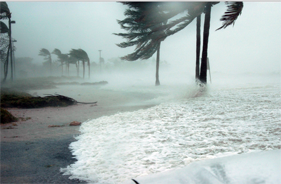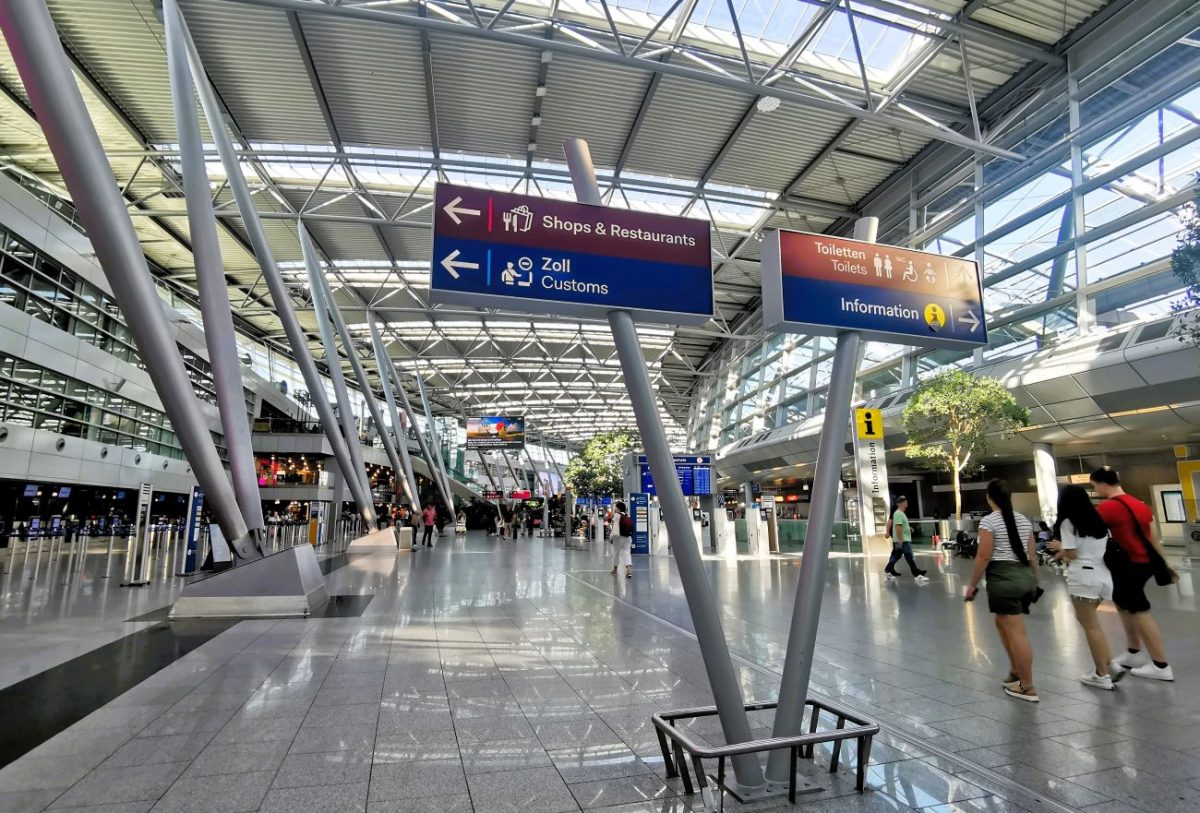Climate Change… deal in sight

Meanwhile, scientists confirm 2015 has so far been the warmest year on record.
Negotiators and observers are assembled in Bonn, the west German city that hosts the UN climate secretariat UNFCCC. They have to shape a workable blueprint, which ministers and heads of state are to turn into a formal agreement in Paris between November 31 and December 11.
Developed nations have promised to raise climate funds to $100 billion (90 billion euros) a year from a wide range of public and private sources by 2020 to help emerging economies curb greenhouse gas emissions and adapt to the impacts of climate change.
Poor nations want clear promises that aid will be increased, while the United States and other rich nations favour vaguer wording that stops short of promising a rise from 2020.
Recent analyses have shown that the financial assistance agreed for developing countries by 2020 is achievable. At the Copenhagen climate summit in 2009, at which the biggest developed and developing countries jointly agreed for the first time to limit their emissions by 2020, a package of financial assistance to be worth $100bn a year by 2020 for poor countries was agreed. Developing nations want it to be restated that they will receive this, as a precondition of any deal in Paris. The OECD has said that on current funding levels, that figure is likely to be met by the 2020 deadline.
The other potential stumbling block to a Paris agreement is the "emissions gap" – the difference between the amount of greenhouse gas emissions countries have voluntarily pledged to reduce, and the amount necessary to keep climate warming to the internationally agreed target of 2 degrees Celsius (3.6 degrees Fahrenheit). So far, pledges are generally agreed to be insufficient.
More than 150 countries have now submitted plans on limiting their greenhouse gas emissions beyond 2020, when current commitments expire. These commitments cover about 90% of the global economy, and if followed through should lead to global warming of no more than 2.7C, according to analysis, which still falls short of the 2C limit that scientists say gives the world an even chance of avoiding catastrophic and irreversible warming.
UNFCCC chief Figueres refuses to contemplate a failure of the Paris summit. "It’s not a scenario that we entertain," she said.
Valere Tjolle
See story: There is no escape for travel and tourism:
Valere
Have your say Cancel reply
Subscribe/Login to Travel Mole Newsletter
Travel Mole Newsletter is a subscriber only travel trade news publication. If you are receiving this message, simply enter your email address to sign in or register if you are not. In order to display the B2B travel content that meets your business needs, we need to know who are and what are your business needs. ITR is free to our subscribers.









































Airlines suspend Madagascar services following unrest and army revolt
Qatar Airways offers flexible payment options for European travellers
TAP Air Portugal to operate 29 flights due to strike on December 11
Air Mauritius reduces frequencies to Europe and Asia for the holiday season
Airbnb eyes a loyalty program but details remain under wraps